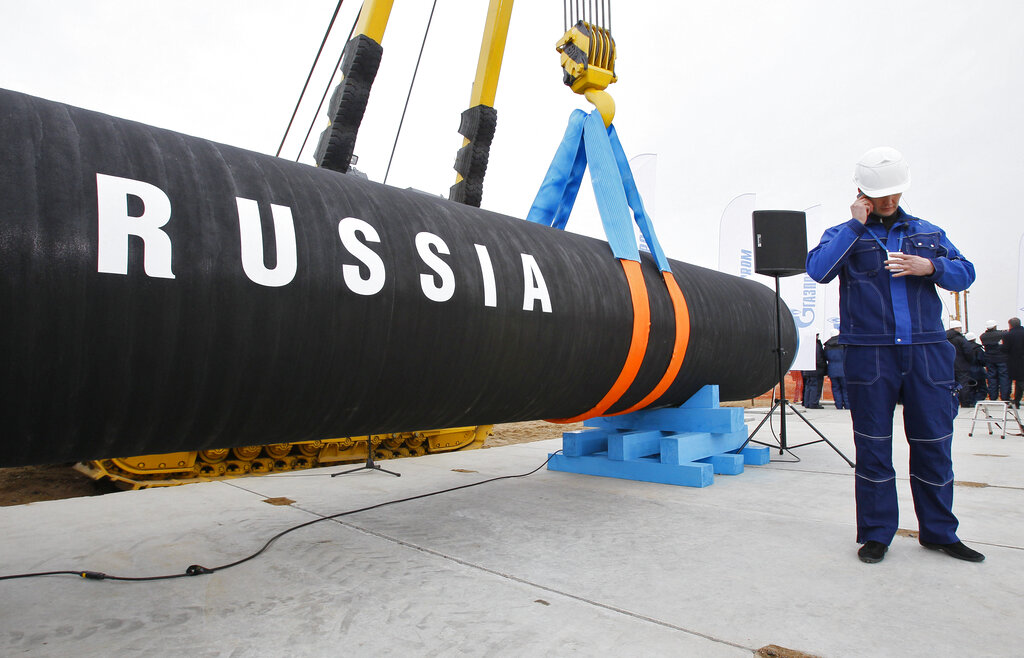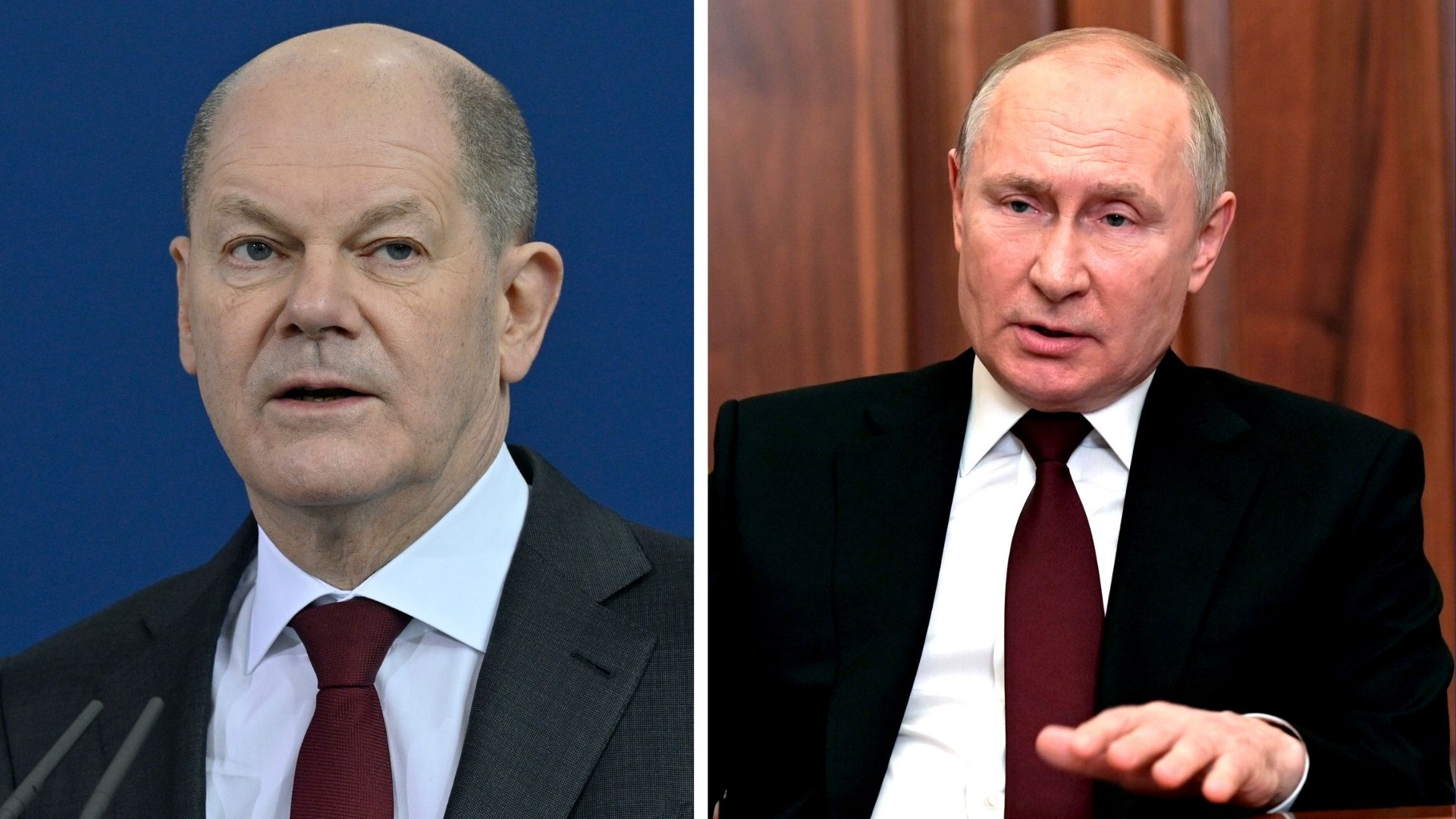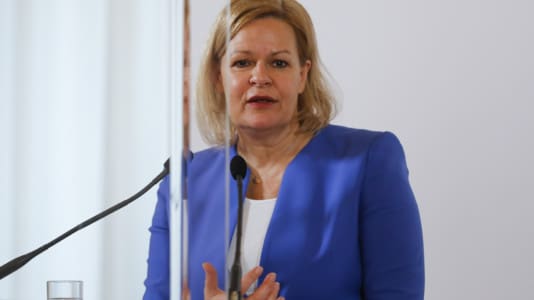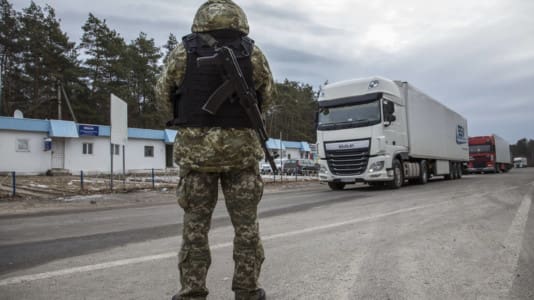Germany will be taking steps to suspend the certification of the Nord Stream 2 gas pipeline from Russia in light of the escalating situation in Ukraine, the country’s chancellor, Olaf Scholz, announced on Tuesday.
Speaking to reporters in Berlin, Scholz condemned the invasion of Russian troops into the Donbas region of eastern Ukraine as a “serious breach of international law,” and revealed that as Western allies begin to impose punitive sanctions on Moscow, the status of the Nord Stream 2 pipeline must now be “reassessed.”
“It’s going a new way now. It will certainly take a while,” Scholz told reporters in relation to the project.
“All the questions that concern us must be taken into account,” he added.

The pipeline, which was completed in September of last year, is awaiting certification before becoming fully operational, a move that already had complications after the German regulator refused to grant it a license due to the influence that Russian majority state-owned Gazprom had over the control of gas flow.
It runs parallel to the first underwater gas pipeline of the same name, which provides gas directly from Russia to Germany, bypassing countries such as Poland and Ukraine, unlike the many overseas pipelines.
The United States, the United Kingdom, Poland, and Ukraine have all opposed the construction of more direct links to Europe from Russian gas fields, concerned that an even greater reliance on natural gas from Russia will tighten the stranglehold the country has over Europe.
[pp id=29681]
“Today, I asked the economy ministry to withdraw the existing report on the analysis of supply security,” Scholz confirmed.
“This sounds technical, but it is the necessary administrative step so that no certification of the pipeline can now take place … and without this certification, Nord Stream 2 cannot go into operation,” he concluded.
Germany and many other countries in Europe are highly reliant on Russian gas, with the Nord Stream 2 pipeline envisioned as a way to provide Germany with a reliable and cost-effective source of energy following the country’s decision to phase out nuclear energy.
Currently, Russia’s Gazprom supplies Germany with 55 percent of its natural gas, and gas storage facilities In Germany are only 31 percent full.






